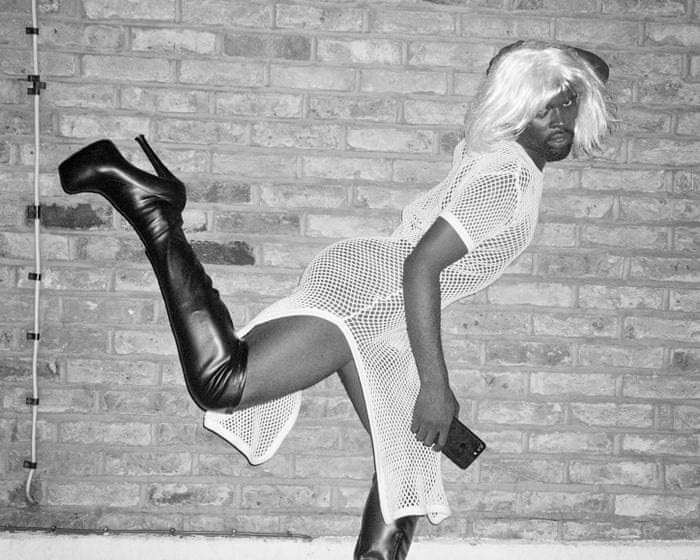Romanian cinema has cleverly used archival footage to capture the surreal strangeness of the country’s communist and pre-communist past. In 2010, Andrei Ujică’s The Autobiography of Nicolae Ceaușescu pieced together three hours of film documenting the dictator’s life. A decade later, Radu Jude’s The Exit of the Trains used official archives to expose wartime antisemitism. Now, Jude and co-director Christian Ferencz-Flatz have assembled a chaotic collage of Romania’s post-Ceaușescu capitalist frenzy through 1990s TV ads.
The film is a whirlwind of commercials selling everything—soft drinks, sausages, laxatives, a Dracula-themed park, privatized government schemes, and mobile phones. One ad cleverly interrupts a Ceaușescu speech with a ringing phone, promising “free speech.” Romanian icons like Ilie Năstase and Nadia Comăneci appear, while sections are labeled with playful titles—like Masculine Feminine, highlighting gender stereotypes. Sometimes the sound drops out, leaving only the bizarre visuals. Freeze-frames capture exaggerated reactions to food, while ads for phone sex lines echo the same over-the-top ecstasy. One outtake shows an actor repeatedly flubbing the line, “We all strive to multiply your money.”
It’s an entertaining snapshot of Romania’s post-communist psyche, though similar ads could be found anywhere in the world. (Today, these polished commercials feel almost quaint compared to social media’s raw chaos.) There’s also a hint of irony in a celebrated filmmaker treating ads as crude, unrefined material for artistic commentary—especially since many ad directors, like Cristian Mungiu, later became acclaimed filmmakers. Still, this is a fascinating addition to Jude’s work. Eight Postcards from Utopia streams on Mubi starting August 8.



